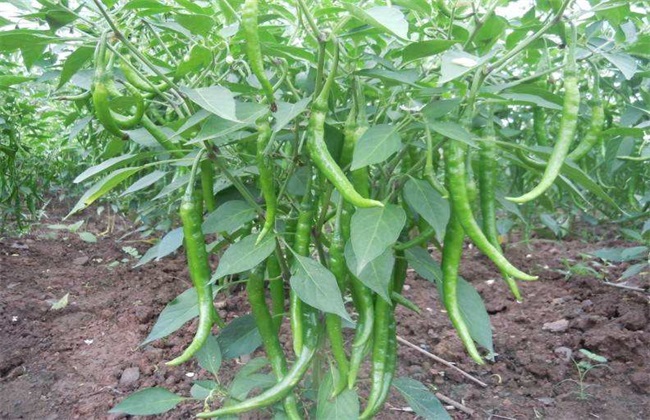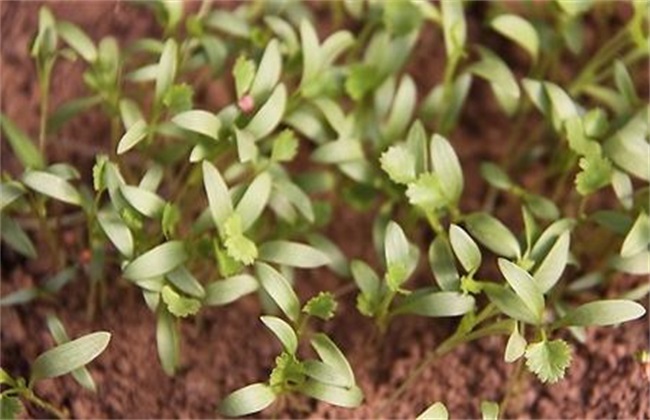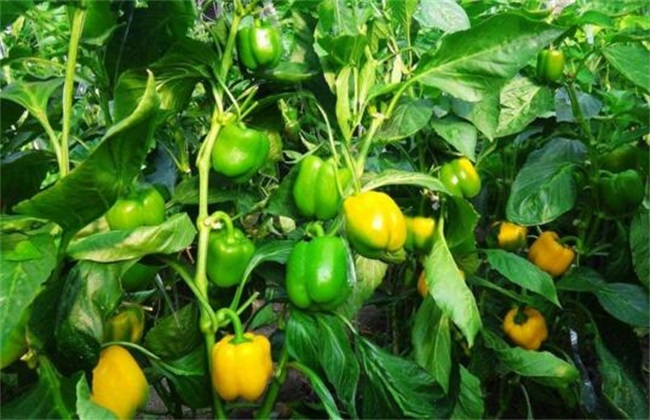Requirements for growing environment of hot pepper
Chili is the most widely used condiment in all kinds of dishes. Chili also has a lot of loyal fans. At present, the consumption of hot pepper is huge, the market has been stable, and the income mainly depends on quality and yield. So a lot of chili peppers will be planted in many planting bases, and a lot of experience has been accumulated about the planting conditions. Therefore, the main purpose of our article is to give you a brief introduction of these experiences to help you.

1. Lighting
Growing hot pepper in greenhouse can use greenhouse film with good light transmittance and avoid using too large structural materials, which can increase photosynthetic efficiency and nutrition. If the open field cultivation, spring planting, summer fruit light can meet the growth in the subtropics. But strong light is easy to burn fruit, especially mature fruit, low light is easy to drop fruit, but pepper is a short-day plant, is not too sensitive to light.
2. Temperature
Chili peppers like temperature, are afraid of cold, and can grow at more than 15 and 30. Higher than 35 degrees affect flowering and fruiting, which may not blossom and bear fruit, or may drop flowers and fruits. The best growth temperature is between 20 and 28 degrees during the day, above 18 degrees and below 23 degrees at night. Growth stops or grows slowly below 15 degrees.
3. Moisture
The root system of pepper is weak, afraid of drought and waterlogging. The plant does not need much water, but the root absorption is poor, so it needs to be watered many times, not too much at one time. In this way, the growth water can be well absorbed. How much to water depends on the soil moisture and fruit size. High temperature in flowering and fruiting period, if there is much moisture, it is easy to induce a variety of diseases and insect pests. It will also shed flowers and fruits.
4. Soil
Pepper planting soil requirements are not strict, the general deep, fat and breathable sandy loam or loam is the best choice. If the sand does not retain water, it is easy to be salinized and not suitable for planting. The consolidated soil has insufficient oxygen and poor growth. If the low-lying land is easy to accumulate water, the roots will rot and the plants will die. It is suitable for planting in neutral and acidic soil.
5. Nutrition
In the early stage, potash fertilizer is required the most, the stem will be strong, and a certain amount of phosphate fertilizer is needed to promote root growth. There is less nitrogen fertilizer, as much nitrogen fertilizer and potassium fertilizer and less phosphorus fertilizer in the early stage. Later flowering needs boron fertilizer, the result needs a lot of scale fertilizer, it is best to apply farm manure, more nutrients, as well as trace elements. At this time, nitrogen fertilizer is the least, phosphate fertilizer is the second, and potassium fertilizer is the most.
The growth of pepper has its own needs for soil, light, nutrition, water and temperature, which are all due to the characteristics and growth characteristics of pepper. But there are many varieties of pepper, some may need to make some adjustments on the above basis, can be combined with reality.
Related
- Where is it suitable to grow horseradish in China? it is expected to see the middle altitude horseradish in Alishan.
- How to prevent tomato virus disease reasonably? (Control methods included)
- Many people like to plant towel gourd on the balcony. What are the main points of this method and management?
- What crops can chili peppers be mixed with?
- Fertilization techniques and matters needing attention in Tomato
- What are the grafting techniques for peach seedlings in spring?
- Harm and control methods of root swelling disease of Chinese cabbage
- What are the pests of sweet potatoes? How to prevent and cure it?
- Symptoms, causes and Control methods of navel Rot in Tomato
- The cause of "Cucumber rotten bibcock" in Farmers' planting Cucumber and its Control Plan



